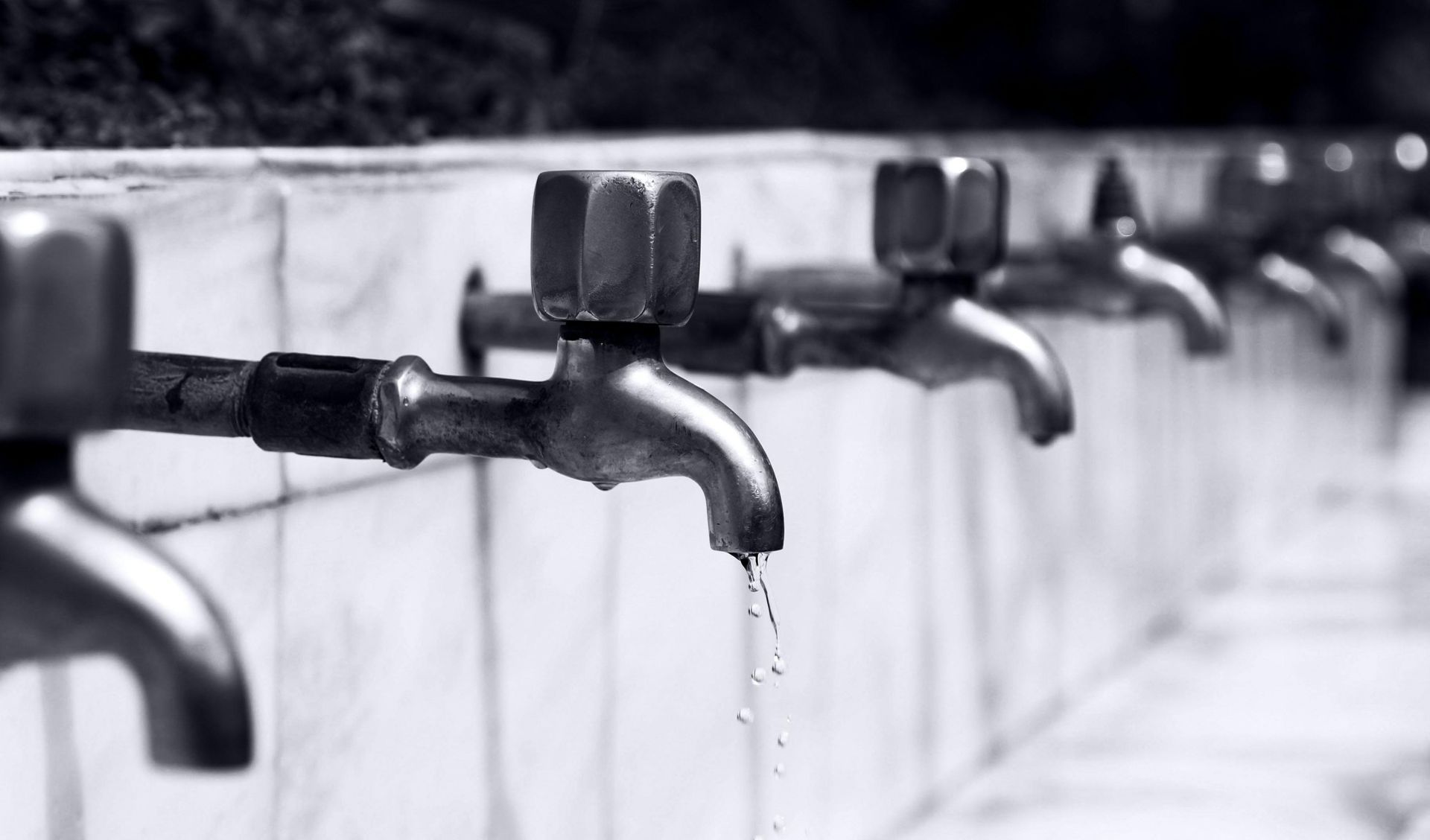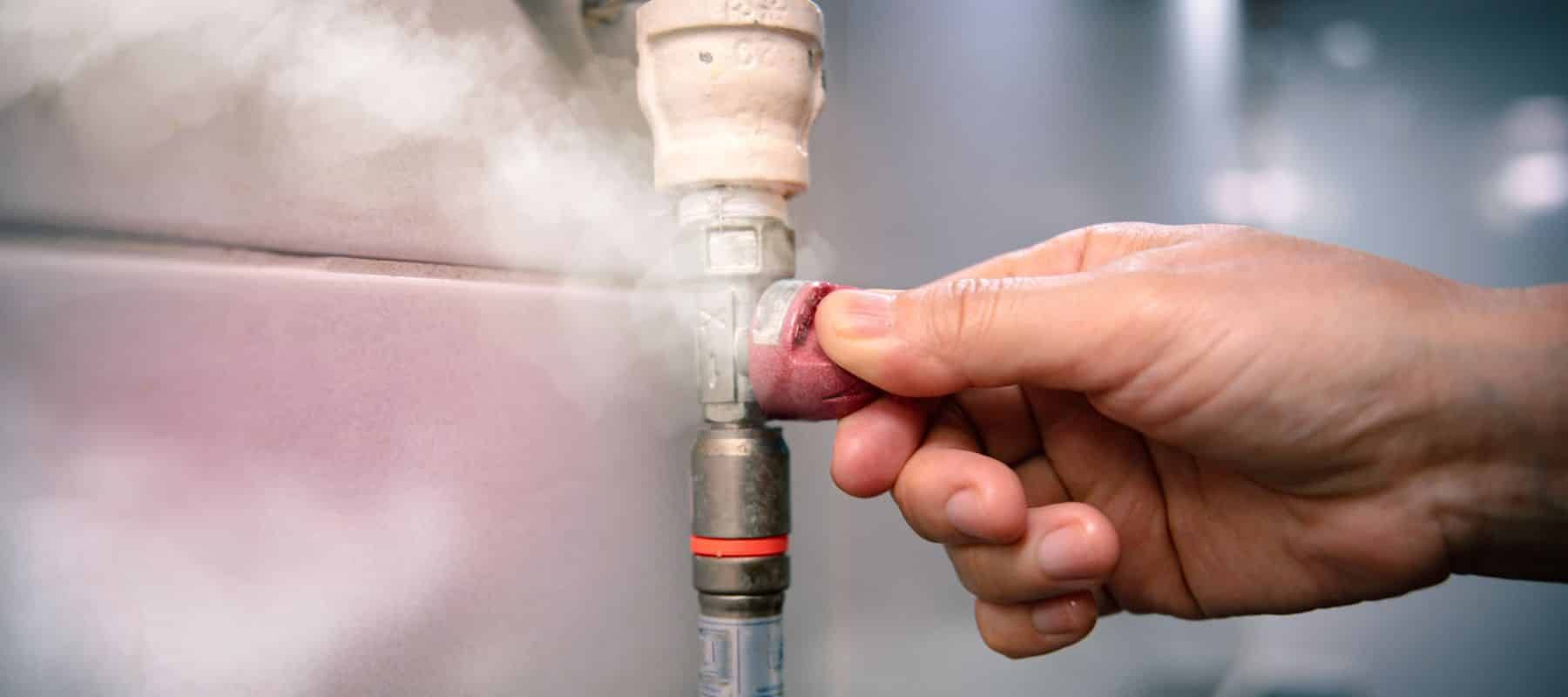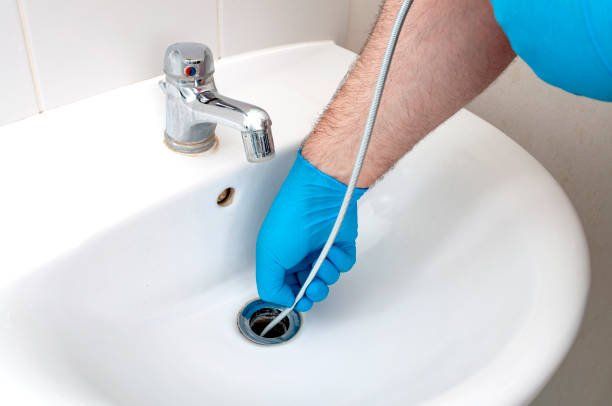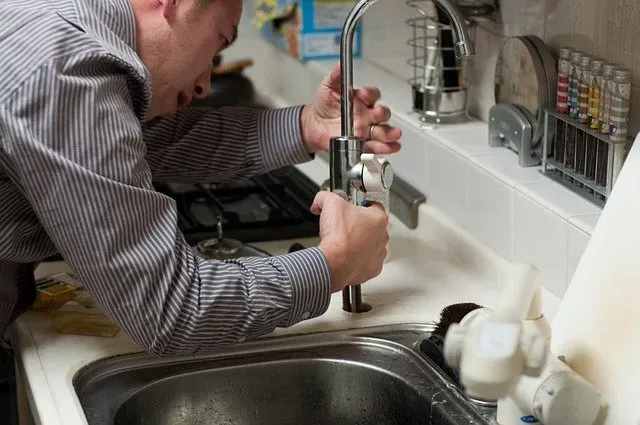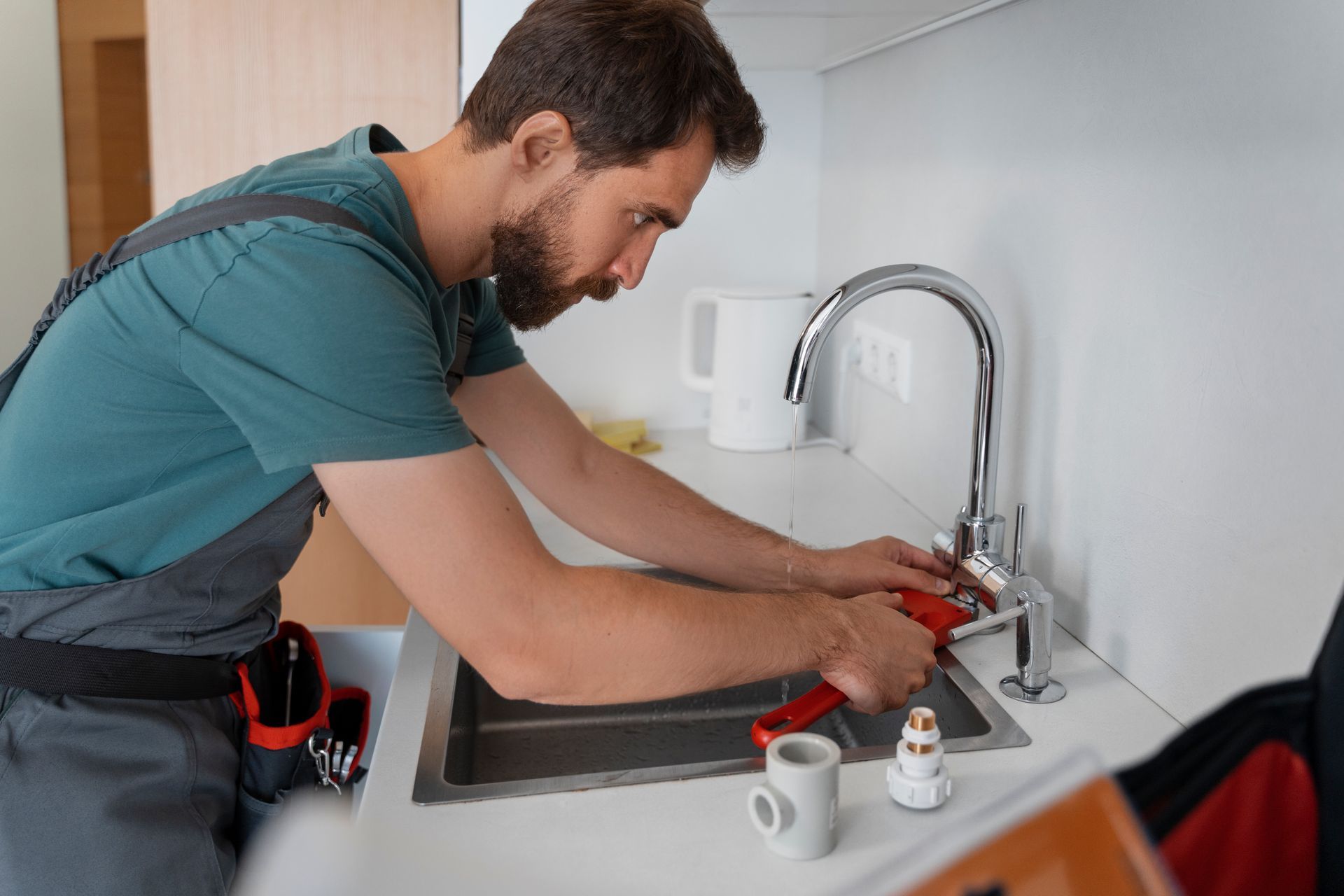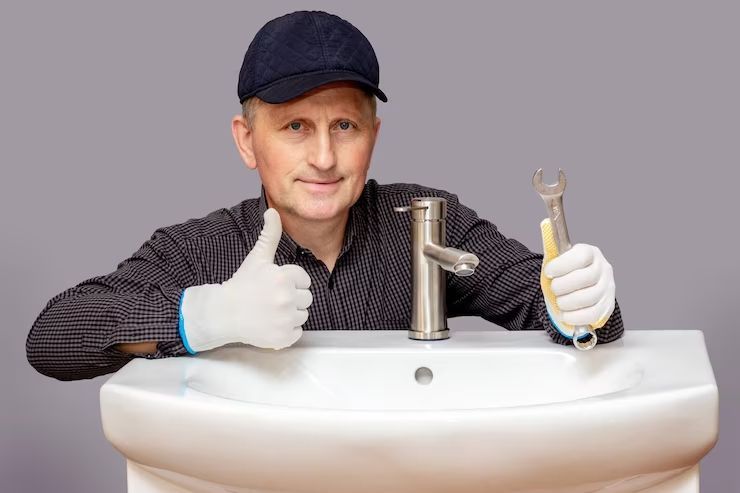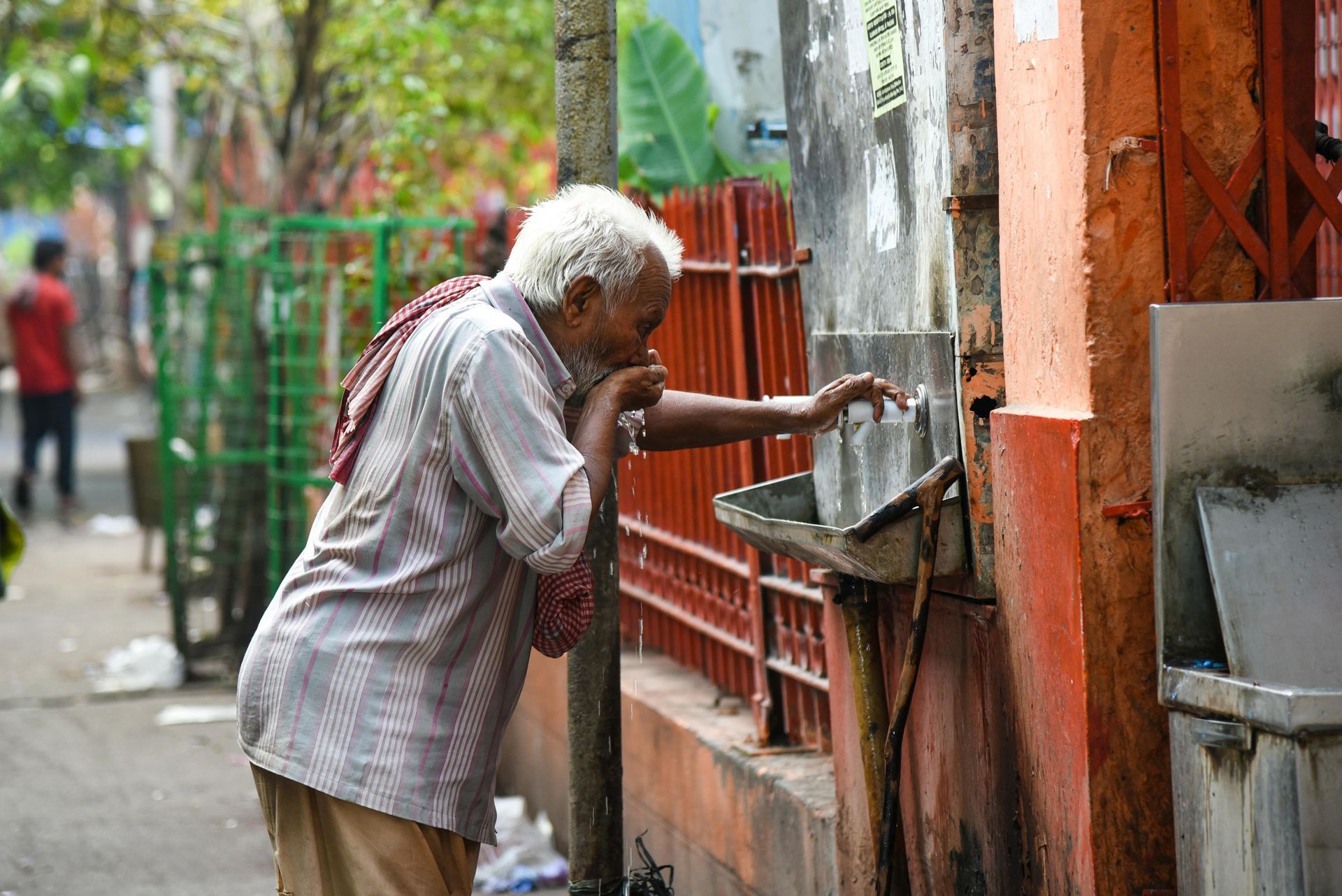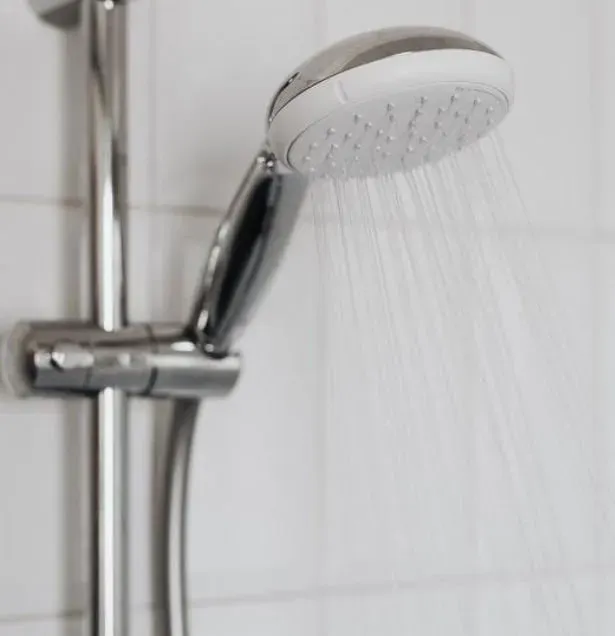How To Properly Replace A Faulty Sink Sprayer Hose?
A sink sprayer hose, commonly found in kitchens, greatly enhances convenience for rinsing dishes, cleaning sinks, and filling pots. Over time, however, sprayer hoses can develop leaks, lose water pressure, or become difficult to operate due to mineral buildup, wear, or faulty connections. Replacing a faulty sink sprayer hose is a practical home maintenance task that you can accomplish with basic tools and proper guidance. This detailed, professional article covers each stage of replacing a faulty sink sprayer hose, highlights safety considerations, and addresses related plumbing and appliance issues. Along the way, you’ll learn why knowing how to replace a broken garbage disposal switch, maintain your water heater, and when to call trusted experts like All City Plumbers can be invaluable for overall home care.
Understanding Sink Sprayer Systems
Sink sprayers operate via a flexible hose connected to either the sink’s faucet or a diverter assembly. When the sprayer’s trigger is pressed, water flow is temporarily redirected from the main faucet to the sprayer nozzle. Over time, the sprayer hose’s constant movement, exposure to hot and cold water, and contact with mineral deposits can cause leaks, reduced pressure, or ruptures.
Most kitchen sprayers fit into a dedicated mounting hole beside the faucet and are connected below the sink to the water supply. Understanding this arrangement reduces installation errors and ensures a leak-free replacement.
Tools and Materials Needed
Before beginning the replacement process, collect the following tools and materials:
- Replacement sink sprayer hose and head—ensure compatibility with your faucet brand and model.
- Adjustable wrench or slip-joint pliers, and optionally a basin wrench for tight spaces.
- Plumber’s tape (Teflon tape) for threaded connections.
- Towel or bucket to catch residual water.
- Cleaning rags for spills.
- Flashlight for visibility under the sink.
- A screwdriver, if hose brackets need adjustment.
Proper preparation not only speeds up installation but also prevents frustration from missing tools.
Preparing for Replacement
Begin by turning off the water supply to the sink. Locate the shut-off valves—usually positioned on the water lines under the sink cabinet—and turn them clockwise until fully closed. Open the faucet to relieve residual water pressure and drain any water left in the lines. It’s wise to lay a towel or bucket under the sink area to catch any spills when disconnecting the old sprayer hose.
Before you start, familiarize yourself with the path the current hose takes and how it is attached. Take pictures if necessary for reference during reinstallation.
Step-by-Step Guide to Replacing the Sink Sprayer Hose
Step 1: Remove the Old Sprayer Hose
Locate the point where the sprayer hose connects to the faucet underneath the sink. Most hoses are attached to a threaded nipple or quick-connect fitting. Use an adjustable wrench or pliers to loosen the nut securing the hose. If the connection is difficult to reach, a basin wrench can be invaluable.
Gently pull the old hose down and out through the sprayer hole. Detach the sprayer head if it is stuck. Clean the mounting hole or escutcheon plate, removing mineral buildup and old debris.
Step 2: Install the New Sprayer Hose
Thread the new hose down through the sprayer opening in the sink deck. Attach the new sprayer head to the hose, ensuring the washer or O-ring is properly seated to prevent leaks. Under the sink, connect the hose to the supply fitting or diverter. If the fitting requires it, wrap the threads with plumber’s tape to ensure a watertight seal before tightening the nut. Hand-tighten, then use your wrench for a final snug fit; avoid over-tightening, which could damage the connectors.
If your faucet features clip-on or quick-connect fittings, align the new hose and click it into place according to the manufacturer’s instructions.
Step 3: Secure the Hose
To prevent the hose from catching or binding when you use the sprayer, make sure it moves freely. Some sinks have guide weights that help the hose retract—if applicable, reattach or reposition these on the new hose.
Step 4: Restore Water Supply and Test the Sprayer
Slowly turn the shut-off valves counterclockwise to restore water supply. Check all connections under the sink for leaks as the water pressure builds. Run the faucet and squeeze the sprayer trigger to confirm a steady stream and proper hose retraction. If you detect leaks, shut off the water and further tighten the fittings or adjust washers as needed.
Troubleshooting Common Issues
Even with careful installation, minor issues can arise. If the sprayer pressure is low, check for kinks or blockages in the new hose, and ensure connectors are fully tightened. Persistent drips could result from a misaligned washer or insufficiently tight fitting. In rare cases, incompatibility between an old faucet and a new sprayer hose may require supportive hardware or adapters.
It’s helpful to approach this repair with the same methodical mindset used to replace a broken garbage disposal switch—carefully turning off power (or water), documenting steps, and patiently checking each connection for safety and function.
Related Home Maintenance Considerations
While working under the sink, take the opportunity to inspect other appliances and fixtures. For instance, periodic inspection and maintenance of your water heater can prevent leaks and ensure efficient hot water delivery. Additionally, regularly checking sink shut-off valves and supply lines reduces the risk of leaks that can go unnoticed in hard-to-reach areas.
Homeowners who feel unsure about plumbing repairs, encounter corroded fittings, or discover additional leaks may want to call in professional help. Companies like All City Plumbers offer comprehensive services for plumbing repairs, fixture installations, and appliance maintenance, providing peace of mind and saving time on complex or challenging projects.
When to Contact a Professional
Minor plumbing repairs are often suitable for DIY, but do not hesitate to seek expert assistance in these scenarios:
- The faucet or hose connections are severely corroded or stuck.
- You observe persistent leaks after installation.
- The faucet model is non-standard or requires specialty parts.
- Water shut-off valves do not function or leak when used.
Calling professionals like All City Plumbers ensures thorough diagnosis, proper installation, and the handling of unexpected complications.
Conclusion
Replacing a faulty sink sprayer hose is a manageable and rewarding home improvement project that restores kitchen functionality and prevents water damage. By following the detailed steps for removal and installation, using the right tools, and observing proper safety procedures, you can confidently update your sprayer hose. Don’t forget to leverage the opportunity to inspect related systems, such as your garbage disposal or water heater, for early signs of maintenance needs.
If you ever feel uncertain or face difficult plumbing challenges, trusted companies like All City Plumbers are ready to provide expert service and swift solutions, keeping your plumbing system reliable and your home protected.

